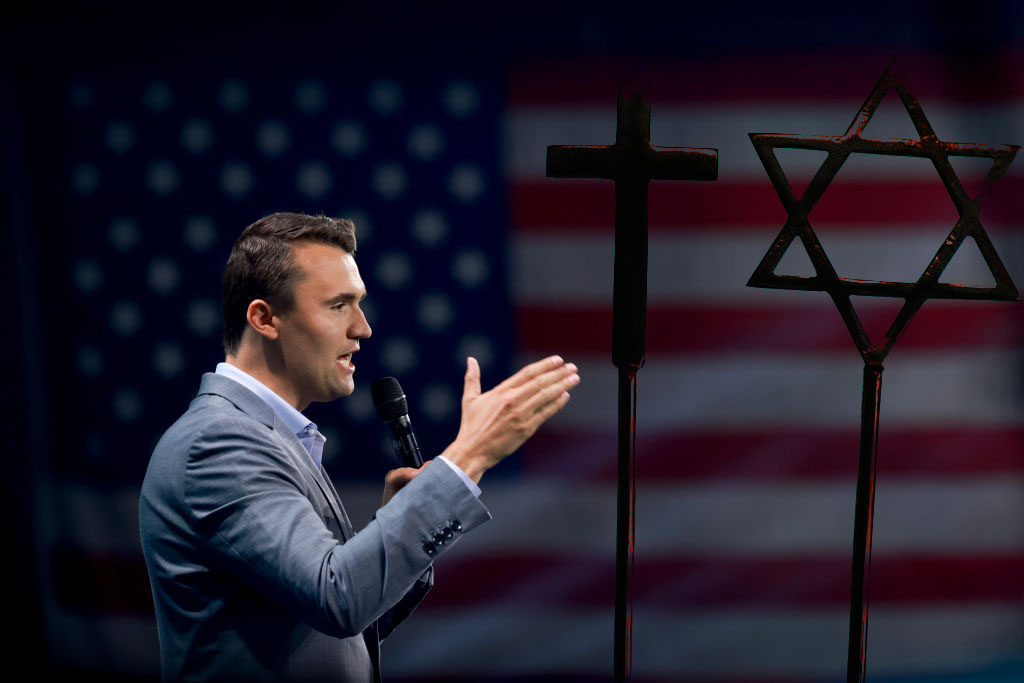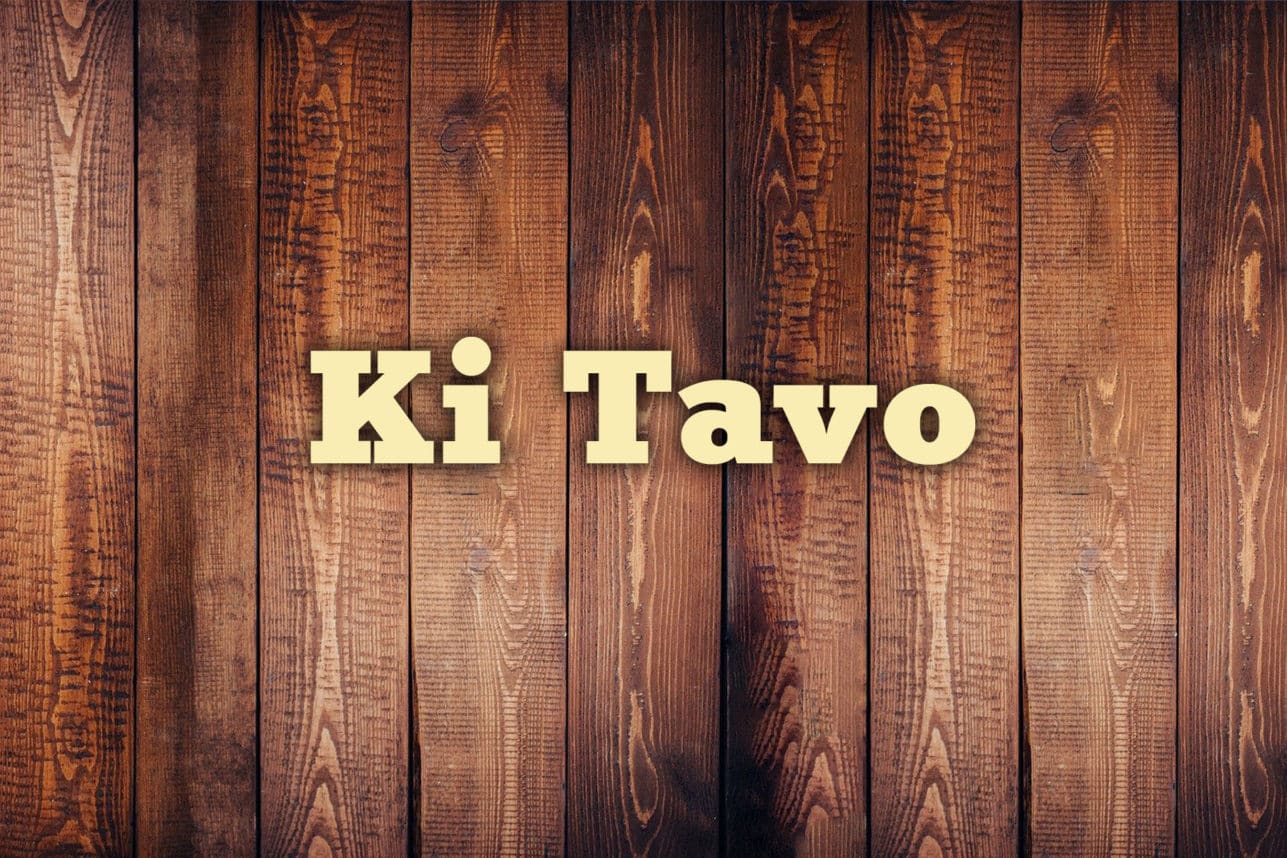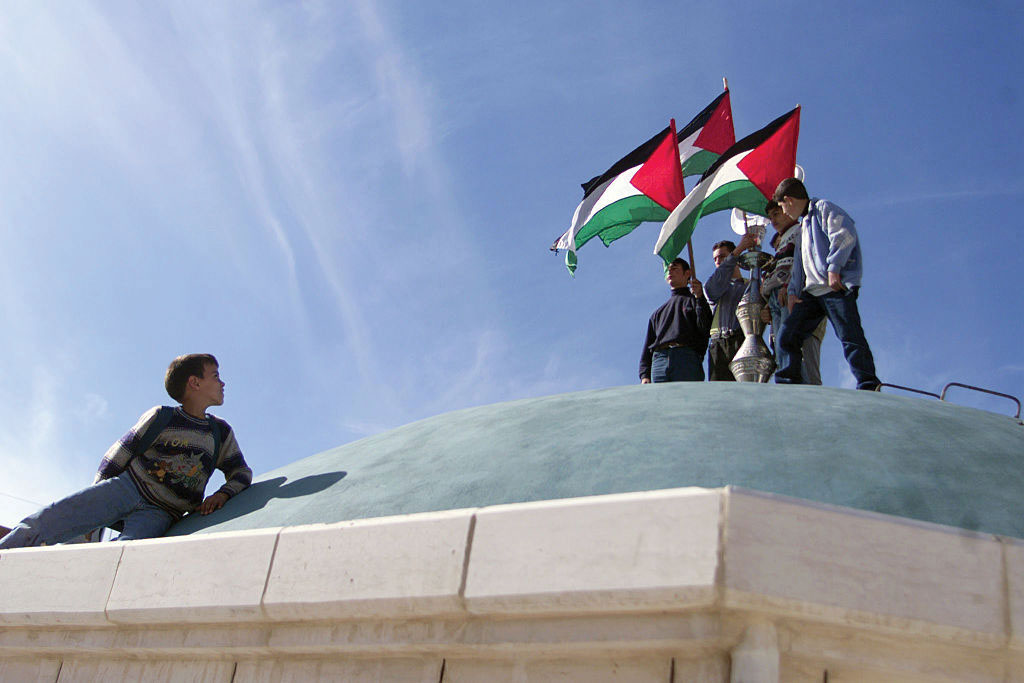An associate professor of geography at the University of Hawaii has written a book called “Border Walls: Security and the War on Terror in the United States, India and Israel.” I haven’t read the book – it might be great. But I did read Reece Jones’ (that’s the professor in question) article “Something There Is That Doesn’t Love a Wall” (published by the International Herald Tribune) and was hardly impressed. In it, Jones complain about the so-called “the world’s oldest democracy, the world’s largest democracy, and the most stable democracy in the Middle East”. All three countries, he says, “contend that they are walling out terrorists.”
What does he mean by “contend?” He probably would like to imply that such a “contention” might not tell the whole story – but since Jones doesn’t have a different story to tell, he leaves his readers with this implied sinister intention of nature unknown. I can’t say much about the Indian fence, but I know quite a bit about the Israeli one. It was built to keep terrorists out.
Then comes Jones’ amazing revelation: Since “the war on terror is winding down,” the contended reason is no longer viable. “Suicide bombings in Israel effectively stopped at the end of the Second Intifada in 2005,” he writes, essentially saying: “Hey, why the fence, the Intifada is over?” Except that the Intifada is over, among other things, because of the fence, a fact that Jones omits to inform his readers.
Then comes this phrase: “whether they are effective at preventing terrorism is debatable.” Well, as long as Jones keeps implying that fences don’t work, his point about a “debate” remains valid. Yes, there is a debate: Terrorism experts, high ranking officers, specialists in preventing attacks, citizens living under threat on one side – and Jones on the other.
To prove that there is a debate Jones quotes two American secretaries speaking about the American border with Mexico. But this is problematic on two counts:
1. Quoting Secretary Napolitano speaking about the Mexico border doesn’t tell us much about the fence Israel – and possibly India as well – was building. Different places, different stories, different strategic objectives. Not every fence is exactly like every other fence.
2. Look at the quotes Jones uses. By way of convincing the readers that the effectiveness of fences at preventing terrorism is “debatable”, he uses quotes that have one message: Fences are not perfect (“I think the fence has come to assume a certain kind of symbolic significance which should not obscure the fact that it is a much more complicated problem than putting up a fence which someone can climb over with a ladder or tunnel under with a shovel”).
This is an important distinction that Jones fails to make. For him, that “none of these three border security projects completely enclose the border” makes all of them unworthy. That’s ridiculous: What if a fence only prevents 50% of infiltrations and 70% of terror attacks from across the border – is that not enough to justify its existence?
Well, Jones writes, “walls are expensive to build and maintain.’ That’s true. But ask any Israeli who lived in Jerusalem between 2000 and 2005 and you’ll get the unequivocal answer: the fence was worth every penny, every dime, every bit of sweat. If Israelis had to pay twice as much to get to this result – essentially halting the wave of suicide bombing from the West Bank – they’d do it. But maybe that’s something that’s harder to see from as far away as Hawaii.


































